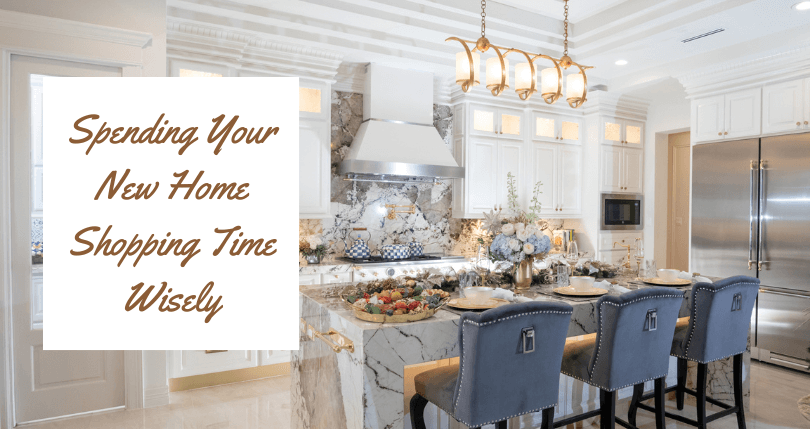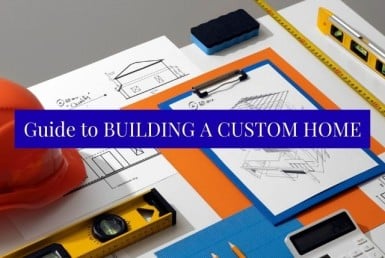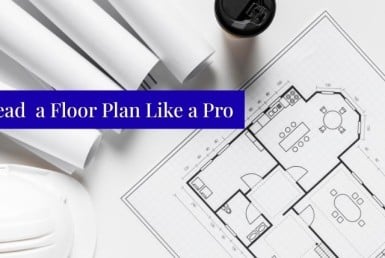Spending Your New Home Shopping Time Wisely
When it comes to looking for a new home to buy, time really is money. That’s because your decision on which house to spend your money on is one you’re going to have to live with for a long, long time. So use your time efficiently, and don’t be in a hurry to find a house unless you absolutely have no other choice.
Your home search should take more than a weekend or two. Buying a home is an incredibly large and important purchase. One you don’t want to make in haste and regret later! So it’s definitely not a good idea to do this on a whim or off the cuff. Think months, not weeks, in terms of your search. But first, before you start driving around and shopping, become an informed buyer. Read some of the Rio GrandeValleyNew Homes Guide’s archived articles at rgvNewHomesGuide.com for useful information on a variety of subjects on homebuying. Learn of the important first steps—like getting your finances and credit history in order before shopping for a home mortgage.If all goes as planned, you will be pre-approved for a mortgage loan, which will help you know how much home you can afford and help to show home sellers that you are a serious homebuyer.
Lists are important
Now the “fun” begins. Sit down and make a list. One column of your list should be titled “Wants.” And another column should be titled “Needs.” Never, ever confuse the two—because they’re not always the same thing. For instance, you may want the kind of mansion that you’ve seen featured in design magazines and articles on celebrity homes. But what you need is three bedrooms, at least two baths, and a neighborhood that’s near good schools for your kids.
Things you might want to consider adding to your lists:
Once you’ve figured out what you do need or want, spend a little more time on the list—by creating a new column for things that you “Don’t Want,” like a home that’s going to require major remodeling to fit your needs or a location that’s too near a busy street, highway, or landfill. Or a home with a floorplan that’s nice, but makes absolutely no sense with the way you live.
Take your time making the lists. When you’re absolutely sure that you’ve thought of everything, then you’re ready to start looking at houses. Take your lists with you. If you decide to work with a Realtor, give a copy to him or her, too. Refer to the lists frequently. It will keep you on track and in touch with reality. It will help you make logical decisions—as opposed to emotional ones. After all, you don’t want to fall in love with a house that doesn’t have the things you truly need—but seems like a good deal.
Focus on what you can afford
Know that you should not use the pre-approved loan amount that you qualified for as a purchase price guide. Remember that there will be additional homeownership costs you should plan for, so you should allow for these and aim for a lower purchase price point. These homeownership costs could include items like moving expenses, buying new furniture, insurance, property taxes, and utility costs. Figure out which expenses will most likely apply to your situation and factor them into your budget to avoid any surprises that could jeopardize your home ownership.
Do your research
The kind of research you need to do will depend on the type of home you want to buy. If you want to custom-build a home, this will involve doing research on the available custom builders in your area. For more on this, read “What makes a Good HomeBuilder?”. Your research will also depend on whether you are looking at buying an existing home or a newly constructed one. Each of these categories has pros and cons, and the ultimate choice is up to what fits your needs.
Invest enough quality time in finding a home, and you’ll end up with THE one that’s exactly right for you—in every possible way.
New Homes Guide Magazine
The latest new home trends, up-and-coming neighborhoods, and more.
© RGV New Homes Guide, 2024. Unauthorized use and/or duplication of this material without express and written permission from this site’s author and/or owner is strictly prohibited. Excerpts and links may be used, provided that full and clear credit is given to RGV New Homes Guide with appropriate and specific direction to the original content.





